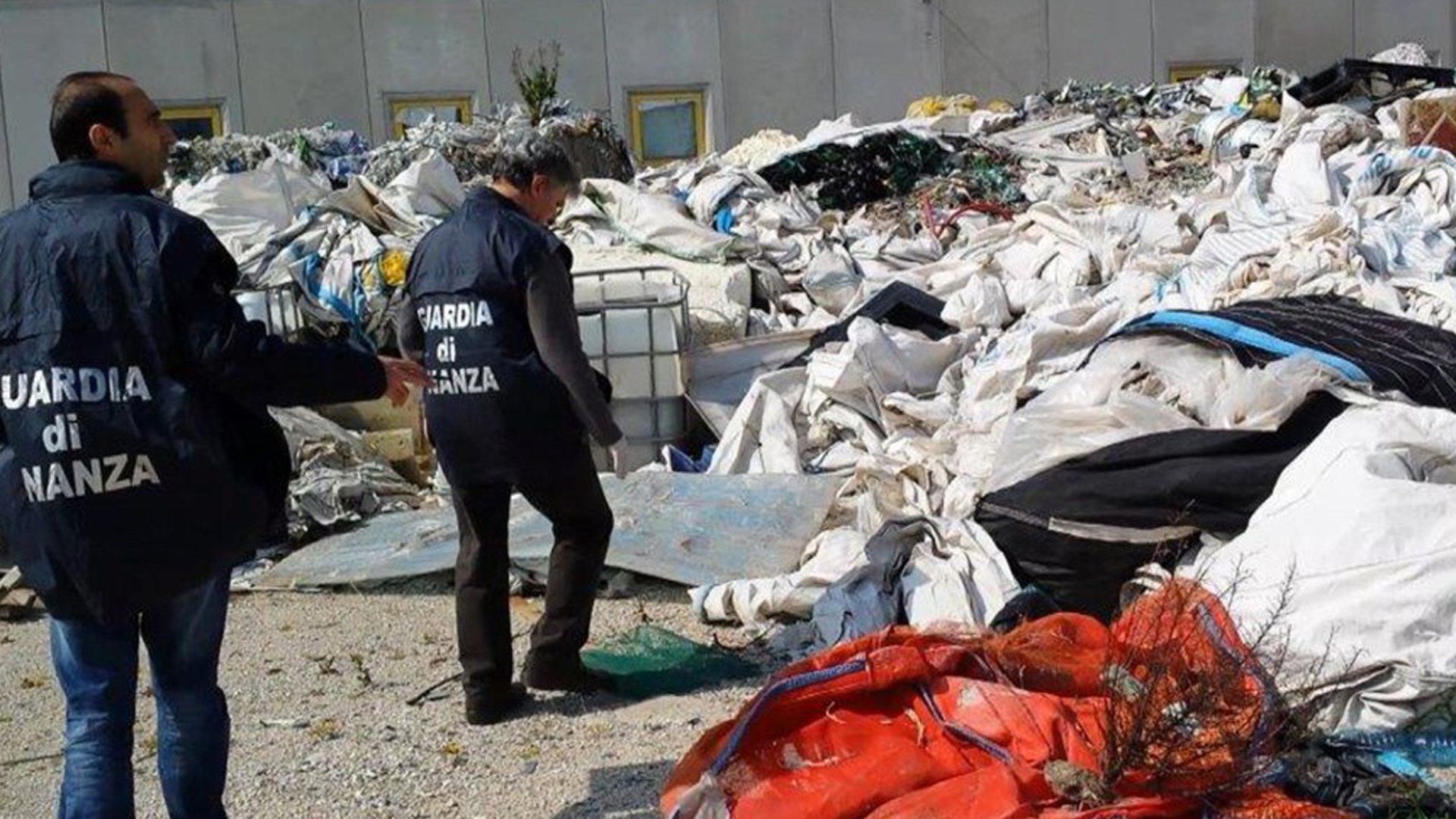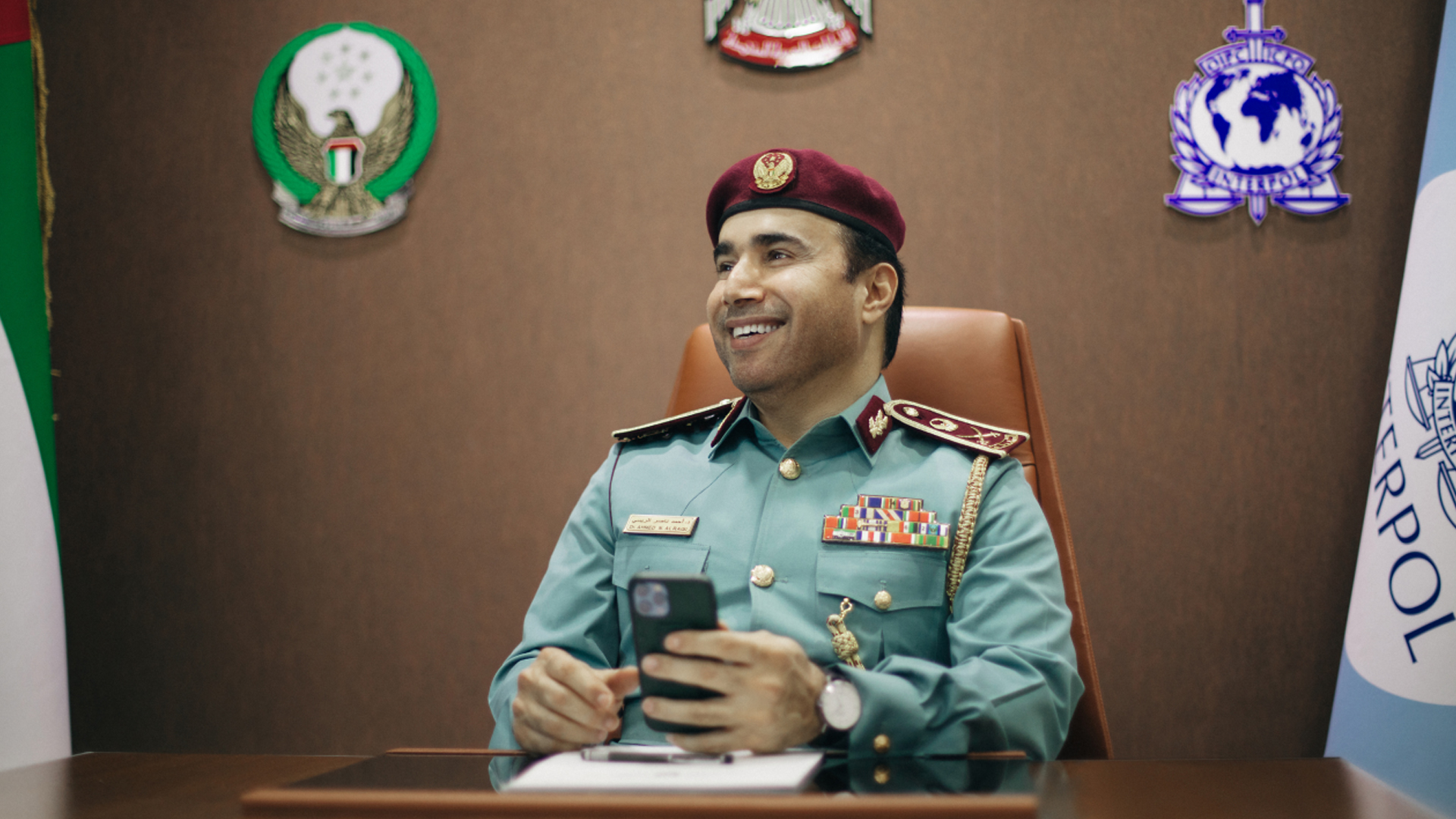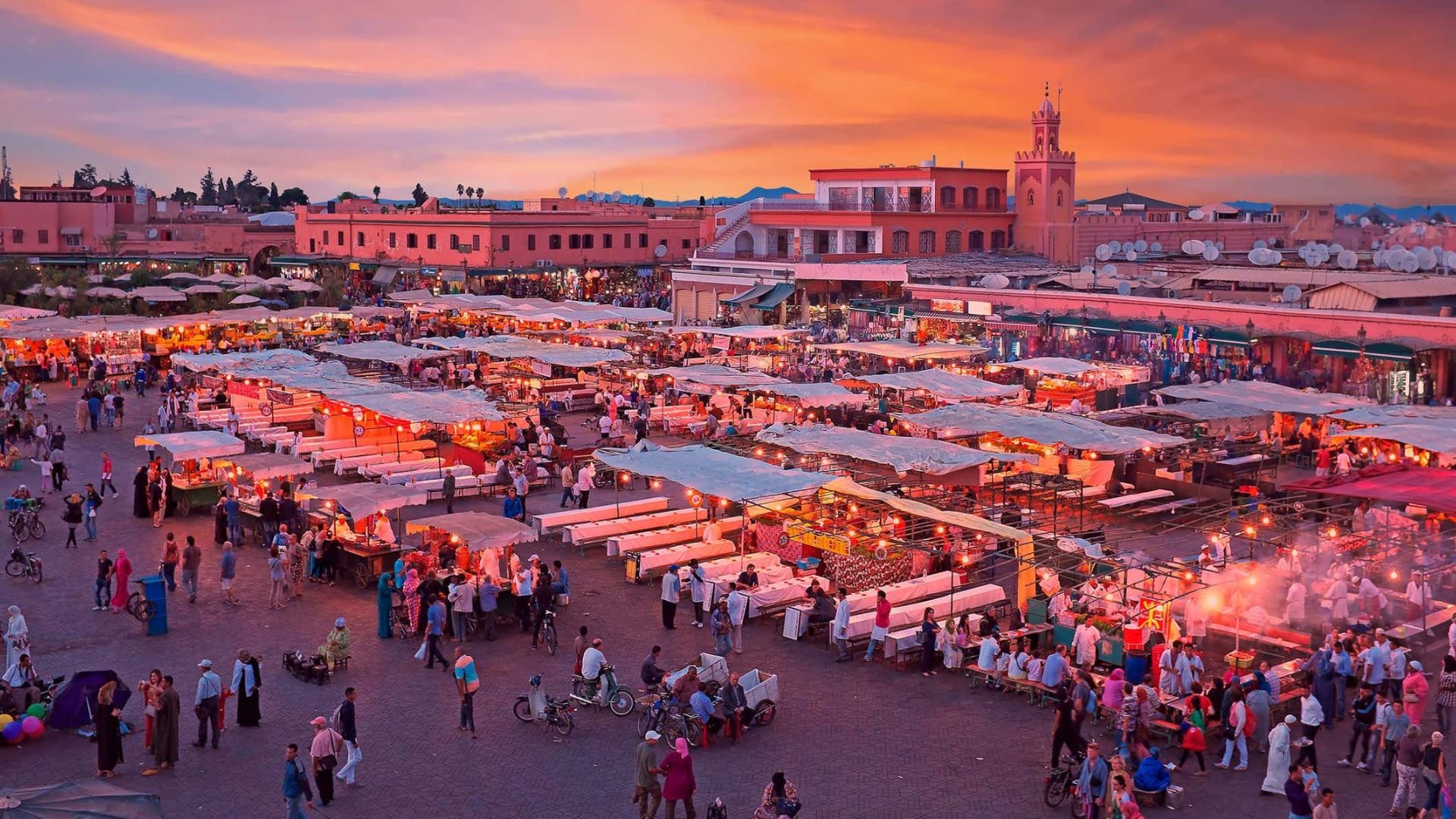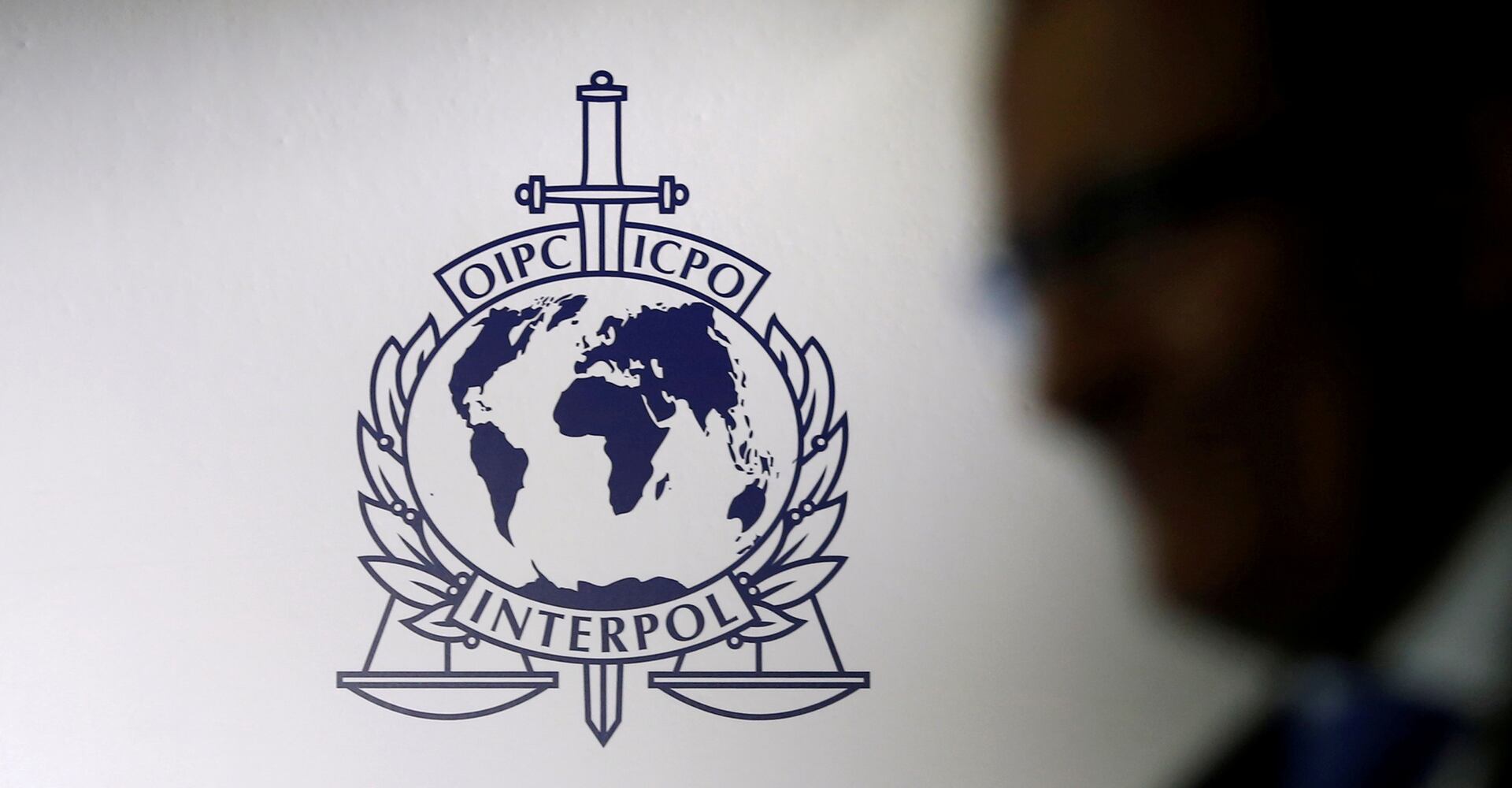Maecenas id volutpat libero, sed sollicitudin quam.
A New Era for Policing in the MENA Region
February 21, 2025
In today’s world, crime knows no borders. We are living in what can be described as aglobal village. Crime’s impact can be felt in every corner of the world, regardless of a country's size or status.
Last year, in 2024, Operation Liberterra II—INTERPOL’s largest-ever operation against human trafficking and migrant smuggling—was executed across 116 countries and territories. Between 29 September – 4 October, the operation led to the rescue of more than 3,200 potential victims of human trafficking and identified around 18,000 irregular migrants. Authorities worldwide conducted police raids, reinforced strategic border points, monitored nearly 24,000 flights, and deployed officers to known trafficking and smuggling hotspots. Globally, nearly 8 million checks were carried out against INTERPOL’s databases, resulting in approximately 2,500 arrests. The operation was global in scale, covering approximately 64% of the world's total land area, including countries in the Middle East and North Africa (MENA) region.
This reality underscores the imperative for law enforcement agencies in the MENA region to collaborate across borders, pooling their resources and intelligence to combat the myriad threats that transcend national boundaries. From organized crime and cybercrime to terrorism, no country is immune, and the need for international cooperation has never been more critical.
On January 29th 2025, I was privileged to witness the signing of the host country agreement for the establishment of the new INTERPOL Regional Bureau in Riyadh, Saudi Arabia. As the first Arab president of INTERPOL, I was particularly proud to participate in this historic moment, which promises to enhance security and cooperation among police forces across the region and beyond.
While this new regional bureau won’t be launched officially until 2026, the signing ceremony already marks a new chapter in the history of policing in our region. The Regional Bureau will serve as a vital hub for 19 countries across the MENA region, making it the largest INTERPOL regional bureau in terms of countries covered, joining the ranks of other INTERPOL regional bureaus in Argentina, Cameroon, Côte d’Ivoire, El Salvador, Kenya, and Zimbabwe.
The establishment of the Regional Bureau is not just a symbolic gesture; it is a concrete step towards strengthening our collective ability to combat crime and enhance security. This collaborative approach is essential in addressing transnational crime, terrorism, and other security challenges.
As crime transcends borders, it is imperative for authorities across the MENA region to enhance their collaboration with the global law enforcement community. The establishment of the new Regional Bureau in Riyadh positions MENA countries to effectively address the multifaceted threats posed by organized crime. This initiative not only builds capacity but also equips young officers with the essential knowledge and tools to excel in their roles.
The MENA region plays a crucial role in facilitating the exchange of vital information, intelligence, and best practices. By fostering international cooperation, MENA countries can significantly enhance their capabilities, respond more swiftly to emerging threats, and contribute to a safer and more secure global environment.
Previous Post
There is no previous post
Next Post
There is no next post

















